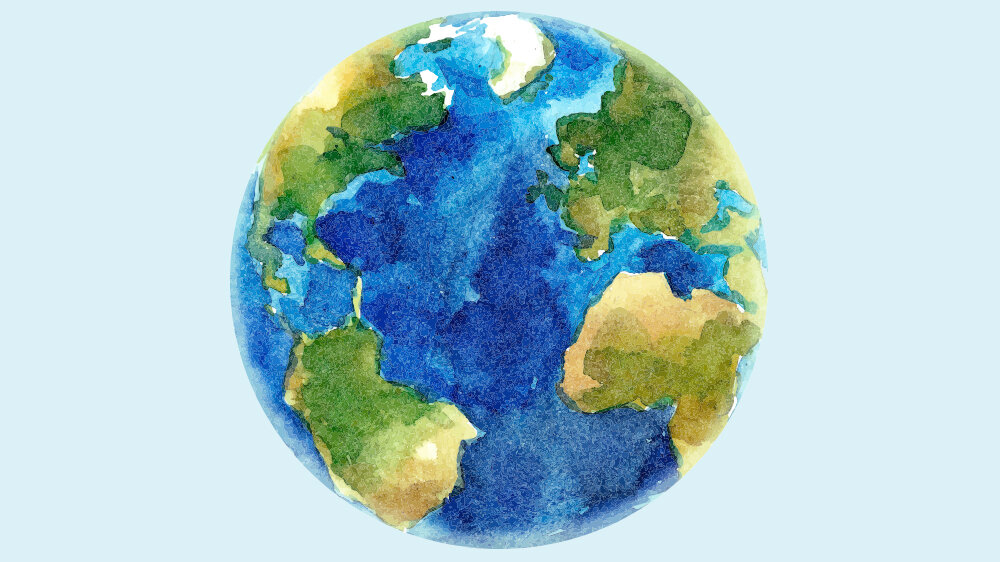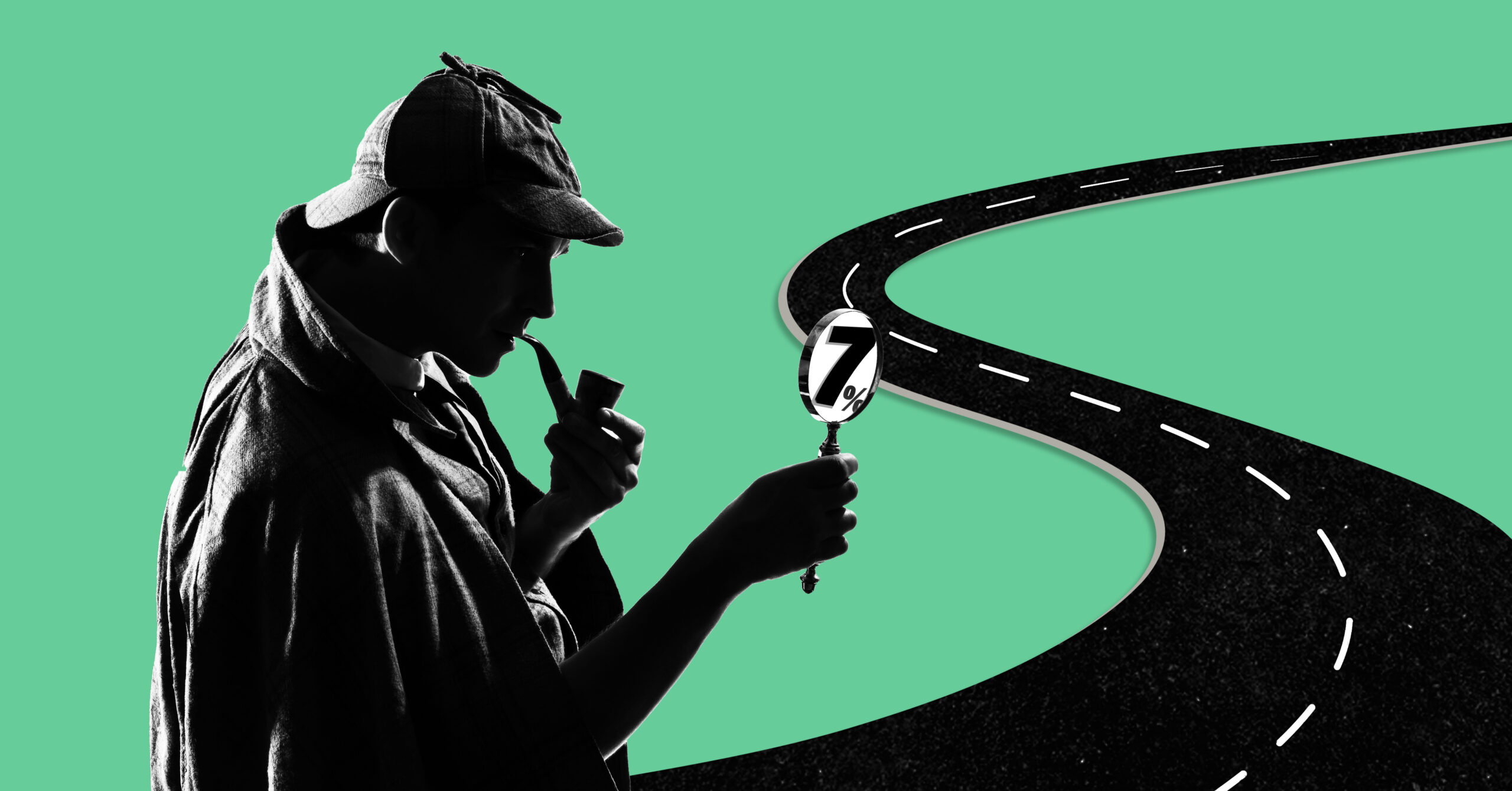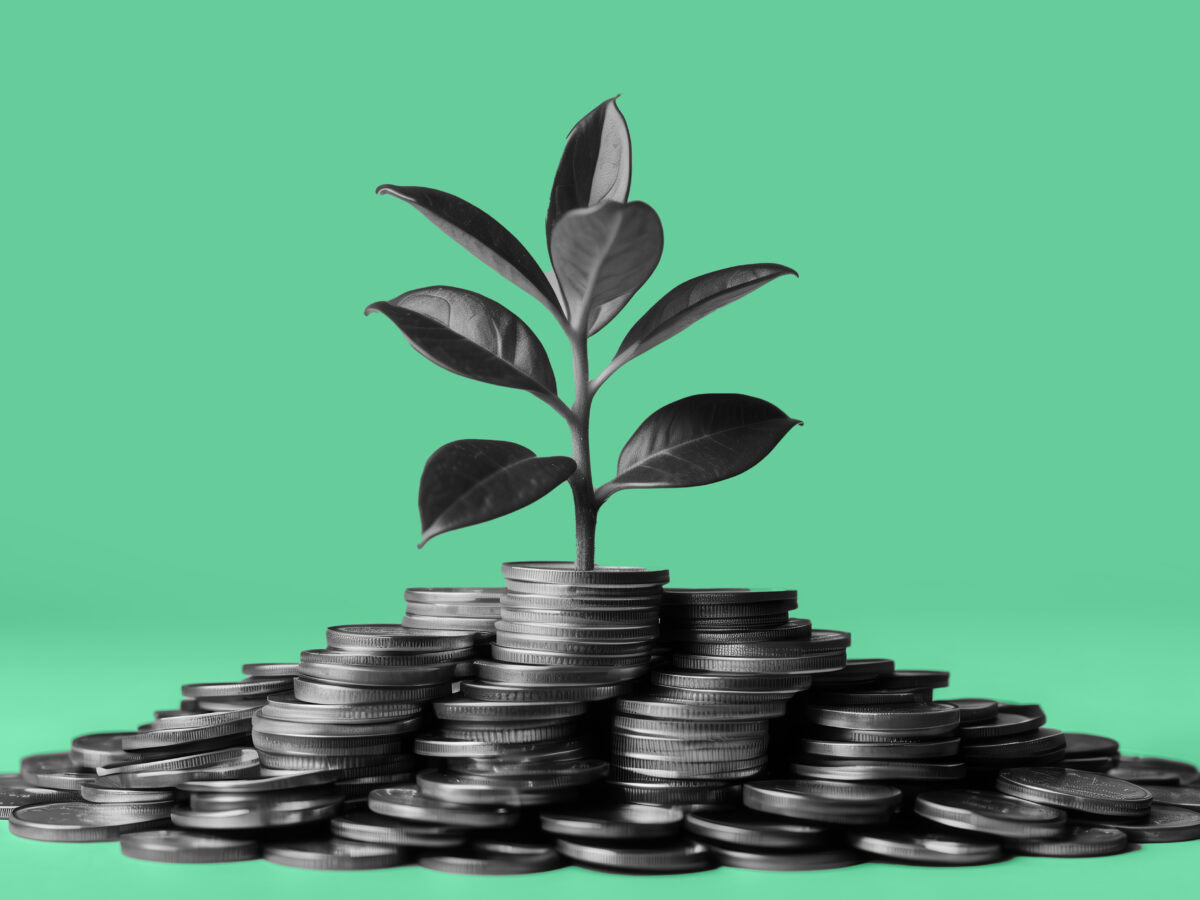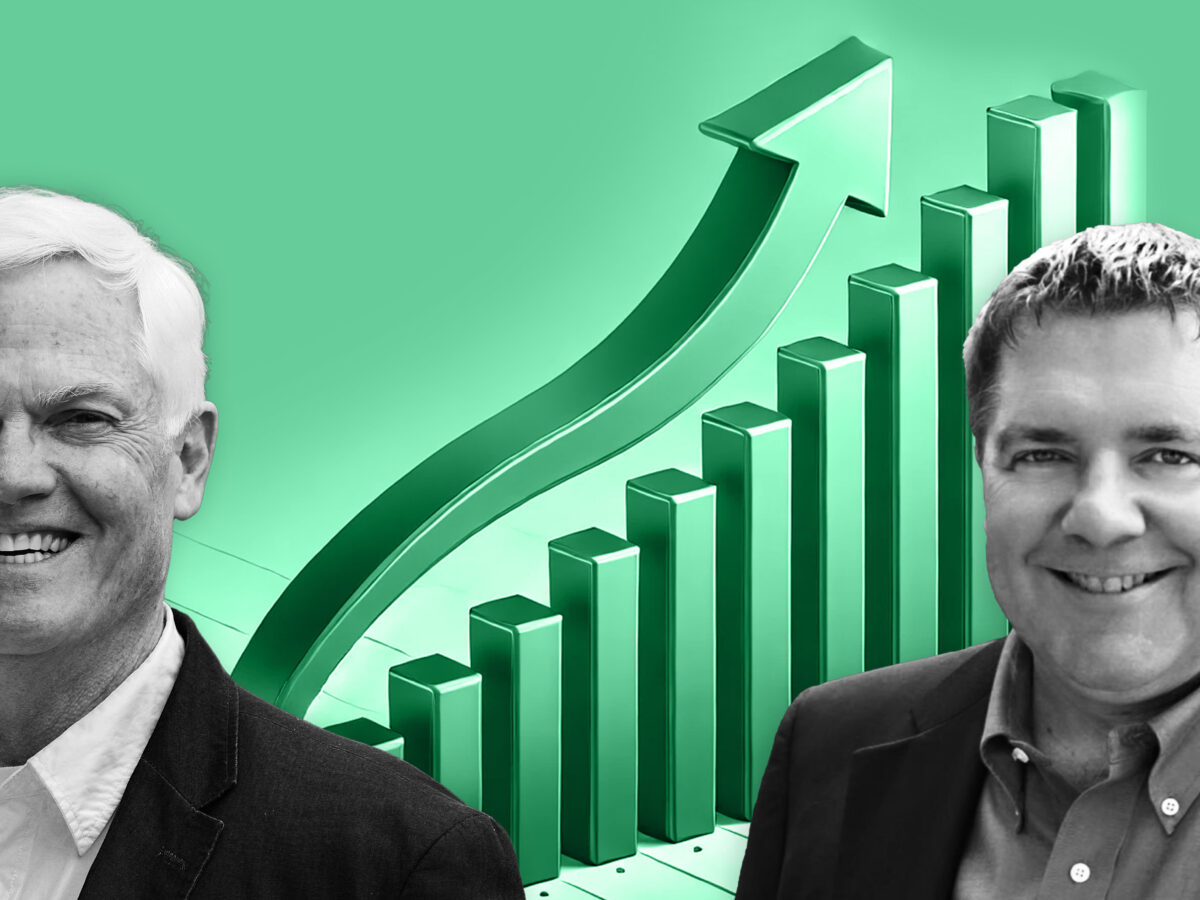Feeling Hopeful on Earth Day

While the COVID-19 crisis is first and foremost a health issue, might it also be an opportunity to hit reset and rethink how we can better care for and protect Mother Earth?
All across the world we are seeing hopeful signs in the environment, as countries enact policies to slow the spread of COVID-19. The canals in Venice are suddenly a clear, crystal blue once again. Residents in the Indian state of Punjab are waking up, to beautiful, panoramic views of the snowcapped mountains in the Himalayas, which they can see again without a hazy filter. The air in cities across the world is cleaner as coal plants shut down and automobile traffic drops.
Fifty years ago this week, millions of people came together to celebrate the first Earth Day and to fight for new protections against pollution and other enhanced environmental regulations and policies. It was the start of the modern era environmental movement, and together, we have made significant progress.
We have begun the transition to cleaner energy and seen huge improvements in energy efficiency, meaning our economy can produce the products and services our growing population needs with significantly less environmental impact. More and more paper, cardboard and plastic are being recycled, reducing the demand for virgin materials. New storm water and emissions regulations have been enacted, leading to cleaner air and water. We have preserved land all across New Jersey and the US, and restored marshlands, rivers and bays. And we have instituted new protections for threatened and endangered species, including bringing the American Eagle, a great symbol of our nation, back from the brink of extinction.
From the beginning, forward-looking business leaders have been at the forefront of this movement. For example, Church & Dwight, my former employer and the makers of ARM & HAMMER, introduced the first, nationally distributed phosphate-free detergent in 1970 and were the first corporate sponsor of Earth Day. There are many other examples of companies that have stepped forward and worked towards more sustainable products, while continuing to thrive in the marketplace.
But there’s still more that needs to be done. First, and perhaps foremost, we need to accelerate the transition to clean energy and lower our carbon emissions to reverse the steady march towards higher global temperatures and the associated climate change and rising seas. Second, we need to act to reduce single-use plastics and to keep them from despoiling our rivers, bays and oceans. Finally, we need to redouble our efforts to reduce air and water pollution and to protect existing and newly emerging threatened species, including our beloved honey bees.
Smart business leaders are already adapting their business goals to embed stronger environmental protections along with core revenue and profit objectives. Market-driven innovators, like our client, ITI Tropicals, are sustainably supplying healthy ingredients like coconut water concentrate to food and beverage manufacturers to significantly reduce the carbon footprint of international shipments, while also helping eliminate single-use plastic containers at retail. This is not an either/or choice, but rather a new third and better way forward. Fifty years later, it’s not too late to be part of this movement.
Please join us as we celebrate the 50th anniversary of Earth Day and commit your business to helping protect and preserve our one and only Earth. In the days ahead, here’s hoping for a continued recovery, not just for people fighting the effects of COVID-19, but for our planet too. Happy Earth Day!





